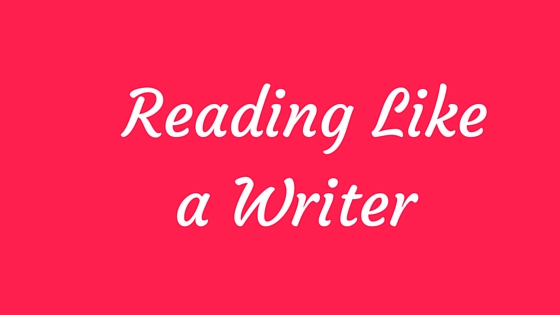Prose’s main thesis in the book is that writers learn to write by of course writing, but also by reading – by studying the example of good work. As she states, “I read for pleasure, first, but also analytically, conscious of style, of diction, of how sentences were formed and information was being conveyed…” (3). This type of reading is essential if you hope to write well. It’s also essential if you want to discover the conventions of your discipline – which is why early career graduate students should do as much close reading as they can.
How does one actually do a close read? Prose breaks that process down throughout the book. A close read requires breaking a text down into its smallest pieces. She first turns her focus to the requisite parts of a text – words, sentences, and paragraphs. Later in the book, she covers narration, dialogue, and characters – elements that will be less useful for a non-fiction or academic writer (although not completely unworthy of attention).
Discussing words, she writes, “all the elements of good writing depend on the writer’s skill in choosing one word instead of another” (16). This may seem simple, even obvious, but it is an issue we continuously grapple with in academic writing. Is there too much jargon? Can a complicated word be replaced by something simpler without compromising the argument? How do we achieve word economy: is there one word that might stand in for two or three? Can we meet the dreaded word limits imposed by journals?
Sentences must be clear and economical. Each word must be essential in communicating the idea of a sentence. This does not mean sentences must be short, but that each word must matter. In her description of what makes a brilliant sentence, Prose recommends reading outside one’s genre, because excellent sentences can be anywhere. When she explains why sentences are so important, she makes what I believe is the most valuable point in the book:
Every so often I’ll hear writers say that there are other writers they would read for no other reason than to marvel at the skill with which they can put together the sort of sentences that move us to read closely, to disassemble and reassemble them, much the way a mechanic might learn about an engine by taking it apart (36).
This passage, even though written about sentences specifically, is the best explanation for why a close read is so important. It is through reading like this that learning happens. You truly understand something when you know how it is created – when you can take it apart and put it back together again. Deconstructing and then reconstructing a text is useful not only for understanding the style of a manuscript, but also for it’s content. How is the author using data? How much data is described or analyzed to substantiate each point in the article? To what degree does the author engage other authors and bodies of literature? It’s through the understanding of technique that one can experiment in their own writing.
Of course, there is also the issue of pleasure, which is really at the forefront of Reading Like a Writer. We do come across articles or books that are a joy to read. It might be for the style in which they are written or the information the author shares.
Ultimately, we read – and write – because we want to understand, as Prose explains in her chapter on Chekhov. Also, we read and write because we want to be understood. That understanding comes with time – going back to the important passages and thinking seriously about how the author reached their conclusions. To be read seriously is the accomplishment writers seek. Most people don’t finish writing and say to themselves, “I really hope a lot of people skim this.” Writers want their texts to become the ones that are highlighted, underlined, and returned to again and again, just as readers want to discover texts they can return to.
